
Participating in the E-Scrap Conference’s opening plenary were (from left to right) Tricia Conroy, Corey Dehmey, Dan Leif, Kevin Dillon and Bernie Lee.
Customers understand they need to pay fair prices for proper downstream management of CRTs, ERI’s Kevin Dillon said. But when he quotes 25 to 35 cents a pound to recycle a printer, they look at him like he’s crazy.


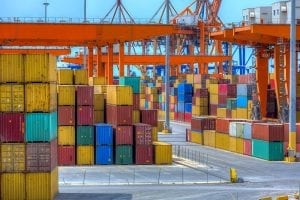 The Basel Action Network (BAN) has released a report stating two Canadian companies have exported end-of-life electronics to Hong Kong and Pakistan.
The Basel Action Network (BAN) has released a report stating two Canadian companies have exported end-of-life electronics to Hong Kong and Pakistan.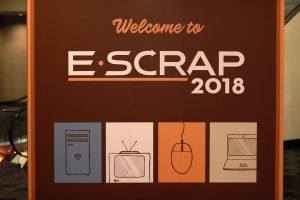
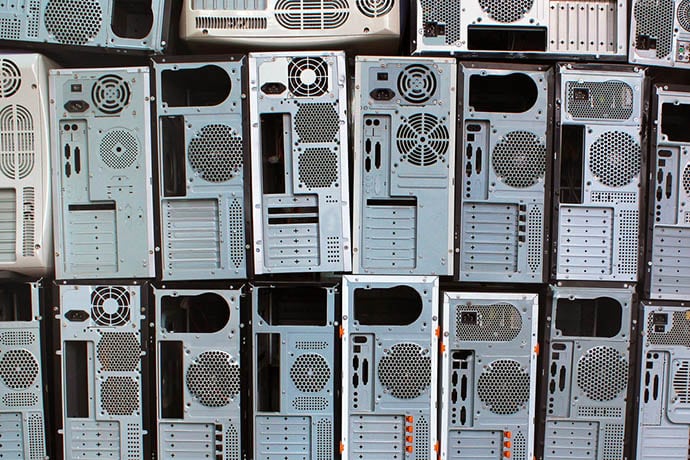 A leader at Metech Recycling envisions restructuring and reinvesting after taking the business private. Meanwhile, company representatives say they have resolved hazardous waste issues at Metech’s California facility.
A leader at Metech Recycling envisions restructuring and reinvesting after taking the business private. Meanwhile, company representatives say they have resolved hazardous waste issues at Metech’s California facility.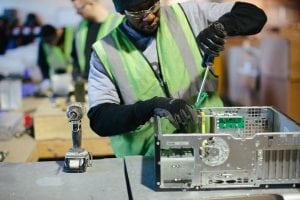 A nonprofit electronics processor is spending millions of dollars to vastly expand its footprint in the Twin Cities area.
A nonprofit electronics processor is spending millions of dollars to vastly expand its footprint in the Twin Cities area.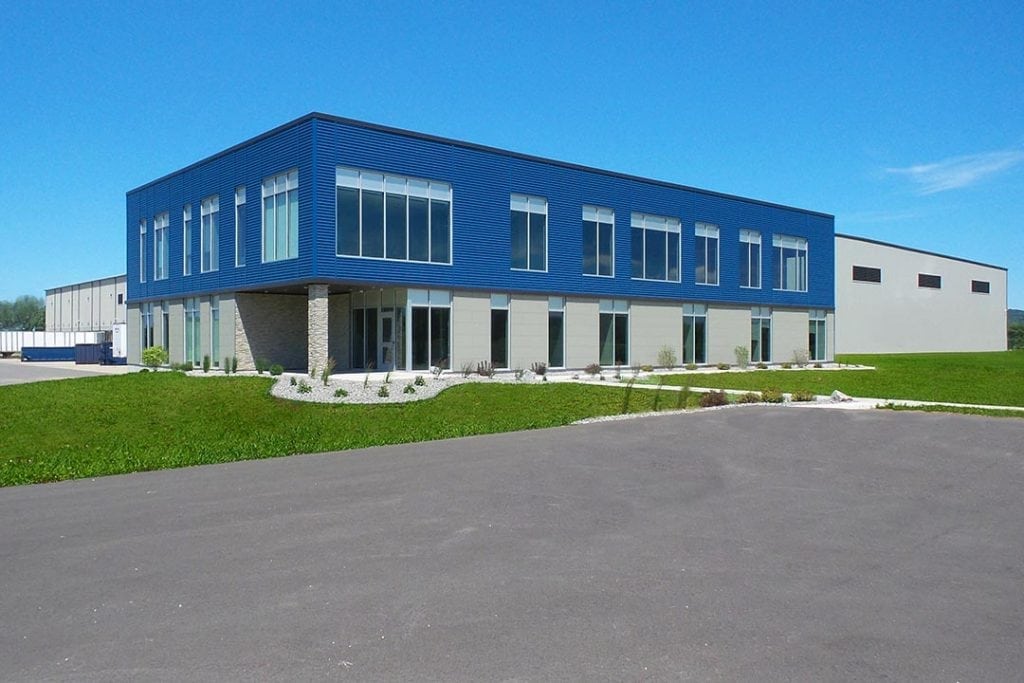 An e-scrap processor has completed a $19 million update to its headquarters, adding a facility that began operating last month.
An e-scrap processor has completed a $19 million update to its headquarters, adding a facility that began operating last month. The former head of an e-scrap startup has been sentenced to 10 years in prison for conspiracy and fraud. He has appealed, claiming ineffective representation from his court-appointed attorney.
The former head of an e-scrap startup has been sentenced to 10 years in prison for conspiracy and fraud. He has appealed, claiming ineffective representation from his court-appointed attorney. Whole Foods Market California and two companies it owns will pay over $1.6 million to settle allegations they improperly disposed of electronics and hazardous wastes.
Whole Foods Market California and two companies it owns will pay over $1.6 million to settle allegations they improperly disposed of electronics and hazardous wastes.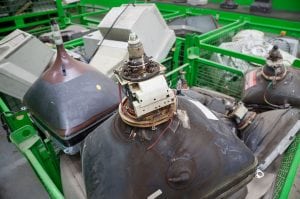 An upcoming South Carolina processing facility will handle CRTs, circuit boards, scrap plastics and more, a company leader has confirmed to E-Scrap News.
An upcoming South Carolina processing facility will handle CRTs, circuit boards, scrap plastics and more, a company leader has confirmed to E-Scrap News.